Buying a jaw crusher involves considering several key factors to ensure you get a machine that suits your needs. Here are some essential skills or aspects to focus on when buying a jaw crusher:
1.Introduction to Jaw Crushers
Jaw crushers are essential machines used in the primary crushing of various materials in mining, construction, and recycling industries. They feature a fixed jaw plate and a movable jaw plate, forming a V-shaped chamber where materials are fed and crushed. Jaw crushers are known for their reliability, high efficiency in crushing tough materials, and simple maintenance requirements. They come in various sizes to accommodate different feed sizes and capacities, making them versatile for a wide range of applications.
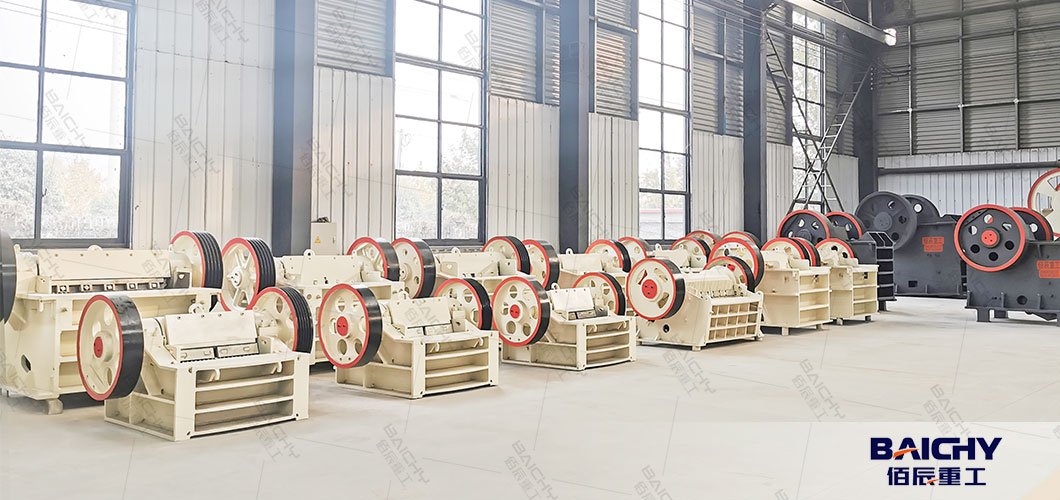
2.Understanding the Key Features of Jaw Crushers
a. Fixed and Movable Jaw Plates: Create a crushing chamber where materials are crushed by the movement of the jaws.
b. Feed Opening: Allows large rocks or raw materials to enter the crushing chamber.
c. Adjustable Discharge Setting: Control the size of the crushed material by adjusting the gap between the jaws.
d. High Crushing Efficiency: Efficiently crush hard and abrasive materials due to the sturdy construction and powerful mechanism.
e. Reliability and Durability: Designed to withstand heavy-duty use and provide long-term performance with minimal maintenance.
f. Versatility: Suitable for various applications including primary crushing in mining, quarrying, recycling, and construction.
g. Safety Features: Include safety guards and emergency stops to ensure safe operation for operators and maintenance personnel.
h. Easy Maintenance: Accessible components and straightforward maintenance procedures reduce downtime and operating costs.
Jaw crushers are integral in processing materials from hard rock to recycled materials, offering robust performance and versatility across industries.
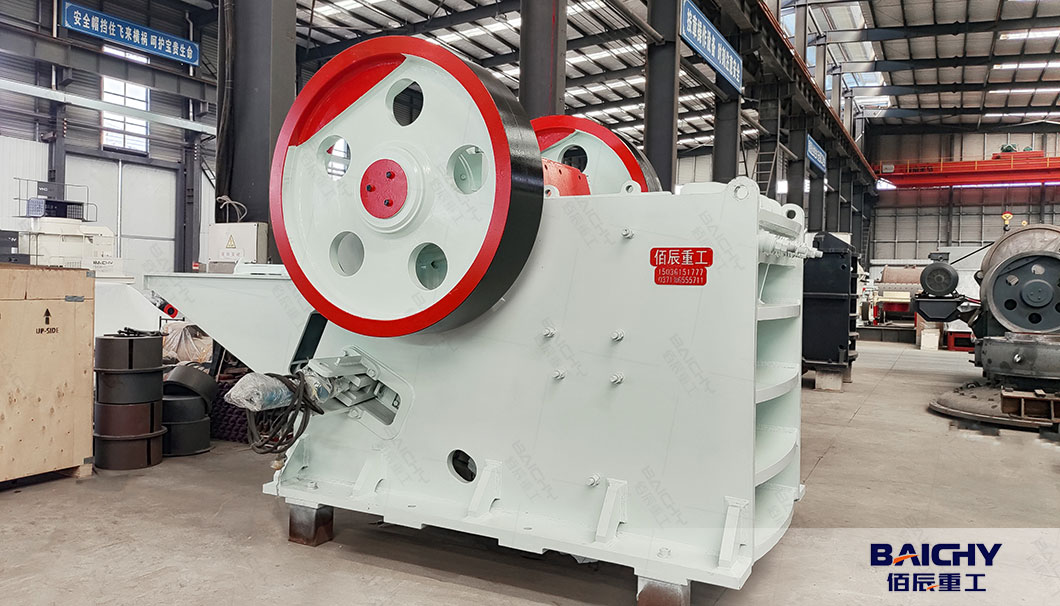
3. Factors to Consider Before Purchasing a Jaw Crusher
3.1. Budgeting and Cost Analysis
Before purchasing a jaw crusher machine, it's crucial to conduct thorough budgeting and cost analysis to ensure you make an informed decision. Here are steps to consider for budgeting and cost analysis:
a. Define Your Requirements: Clearly outline your crushing needs including the type of material, required capacity, feed size, and final product specifications. This will help you determine the type and size of jaw crusher needed.
b. Research Equipment Costs: Research different jaw crusher models and manufacturers to understand their pricing range. Consider both the initial purchase price and long-term operating costs.
c. Compare Suppliers and Quotes: Reach out to multiple suppliers or manufacturers to request quotes for the jaw crusher models that meet your specifications. Compare not only the upfront costs but also the total cost of ownership over the crusher's lifespan.
d. Factor in Installation and Setup Costs: Account for any additional costs associated with installation, setup, and commissioning of the jaw crusher. This may include transportation, foundation work, and operator training.
e. Long-Term Maintenance and Spare Parts Costs: Estimate the costs of ongoing maintenance, regular servicing, and replacement of wear parts (e.g., jaw plates). Consider the availability and cost of spare parts from the manufacturer.
f. Calculate Return on Investment (ROI): Assess the potential ROI based on increased productivity, reduced downtime, and savings in operational costs. A higher initial investment in a more efficient and durable jaw crusher may yield greater returns over time.
By conducting a thorough budgeting and cost analysis process, you can make a well-informed decision when purchasing a jaw crusher that aligns with your operational requirements, financial constraints, and long-term goals.
3.2. Size and Capacity Requirements
When purchasing a jaw crusher equipment, consider these key points regarding size and capacity:
a. Feed Size: Ensure the jaw crusher's feed opening can accommodate your material size without causing blockages or inefficiencies.
b. Capacity: Choose a jaw crusher with a capacity that matches your required throughput in tons per hour (TPH) or cubic meters per hour (m³/h).
c. Production Needs: Assess whether the crusher's capacity meets your production targets efficiently without overloading or underutilizing the machine.
d. Scalability: Anticipate future growth or changes in production requirements when selecting the size and capacity of the jaw crusher.
e. Installation Space: Consider the physical dimensions of the jaw crusher to ensure it fits into your existing or planned processing plant layout.
f. Operational Efficiency: Opt for a jaw crusher size and capacity that balances efficiency with operational costs, ensuring optimal performance and productivity.
3.3. Maintenance and Operating Costs
Maintenance and operating costs for a jaw crusher plant include:
a. Regular Maintenance: Scheduled inspections, lubrication, and replacement of wear parts such as jaw plates, bearings, and belts to prevent breakdowns and ensure smooth operation.
b. Operating Costs: Energy consumption, which can vary based on crusher size and efficiency. Diesel or electricity costs for running the crusher.
c. Wear Parts Replacement: Costs for replacing jaw plates and other wear parts due to wear and tear, impacting operational efficiency.
d. Downtime Costs: Costs associated with downtime for maintenance and repairs, affecting production schedules and efficiency.
e. Maintenance Tools and Supplies: Costs for tools, lubricants, and spare parts needed for regular maintenance and repairs.
f. Training and Safety: Costs associated with training operators and ensuring safety protocols are followed to prevent accidents and maintain a safe working environment.
Efficient maintenance practices and choosing high-quality equipment can help minimize operating costs and maximize the lifespan and productivity of a jaw crusher.
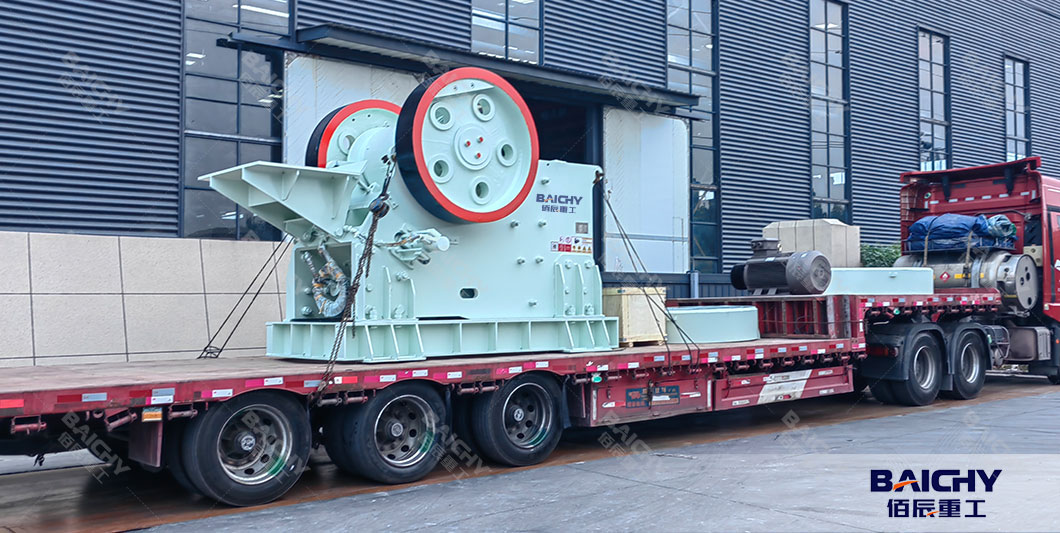
4. About Different Jaw Crusher Models
There are various jaw crusher models available on the market, each designed for different types of applications and materials. Here are some commonly recognized jaw crusher models:
a. PE Jaw Crusher: PE jaw crusher features a fixed jaw and a movable jaw that moves back and forth to crush materials within a V-shaped cavity. This type is commonly used in mines due to its ability to crush tough and abrasive materials.
b. PEX Jaw Crusher: It has finer jaw plat teeth to get finer stone size.
c. European Type Jaw Crusher: This is a new type of jaw crusher developed by introducing technology such as optimal design of crushing cavity, eccentric shaft, toggle plate, and toggle plate pad.
Each model has its own specific characteristics and advantages depending on the application, material properties, desired output size, and operational requirements. When choosing a jaw crusher model, it's important to consider these factors to ensure optimal performance and efficiency.
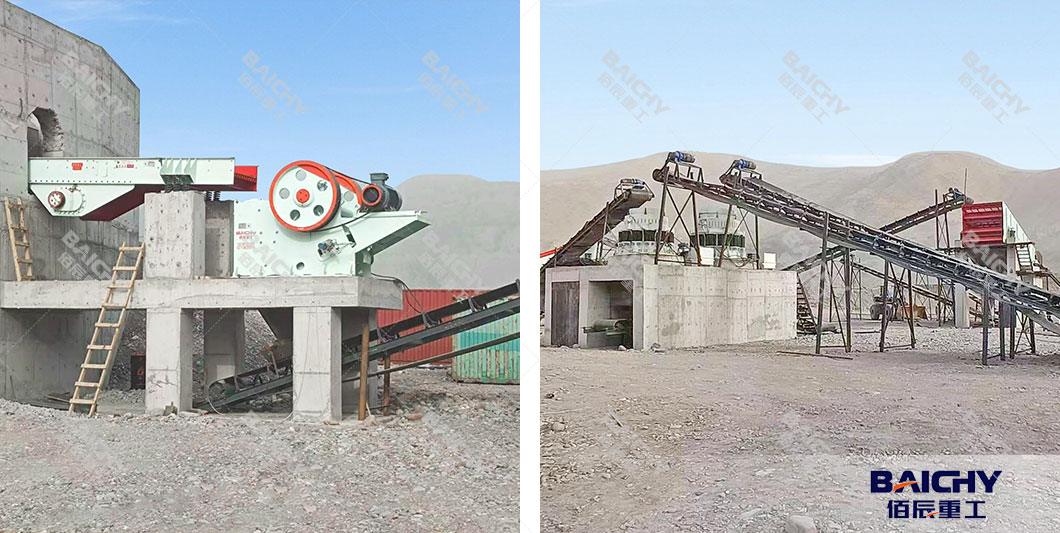
5. Negotiation and Communication Skills in Purchasing a Jaw Crusher
When purchasing a jaw crusher, effective communication is crucial. Here are the key steps to communicate effectively:
a. Define Requirements: Clearly outline your requirements such as capacity, size of feed material, output size, and any specific features you need.
b. Ask Questions: Inquire about the crusher's specifications, performance metrics (like throughput and power consumption), and maintenance needs.
c. Discuss Options: Explore different models and manufacturers to find one that meets your needs and budget.
d. Negotiate Terms: Discuss pricing, warranty, delivery timelines, and after-sales service to ensure a comprehensive understanding.
e. Confirm Details in Writing: Document all agreed-upon terms in a contract or purchase order to avoid misunderstandings.
f. Follow-Up: Stay in touch with the supplier throughout the process to ensure everything progresses smoothly.
Effective communication ensures you get the right jaw crusher that fits your operational needs and budget.








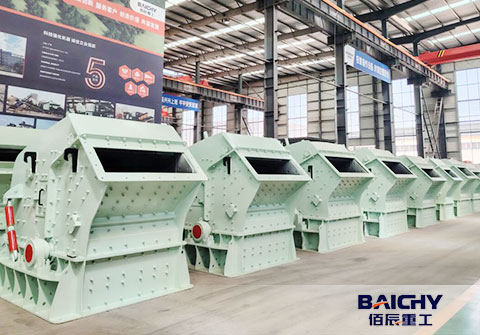
 2025-04-14
2025-04-14
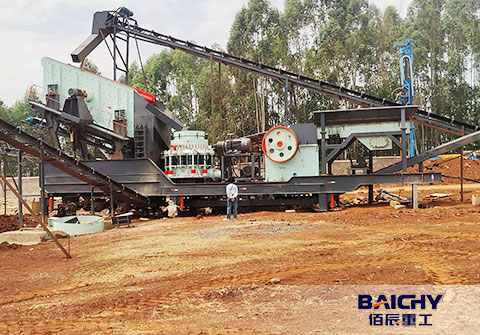
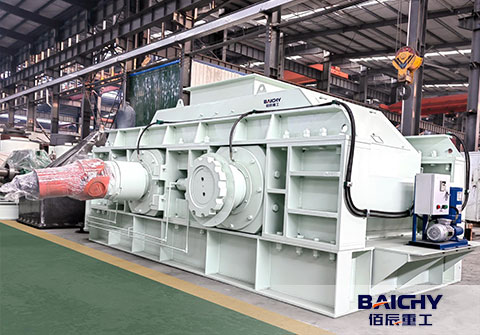
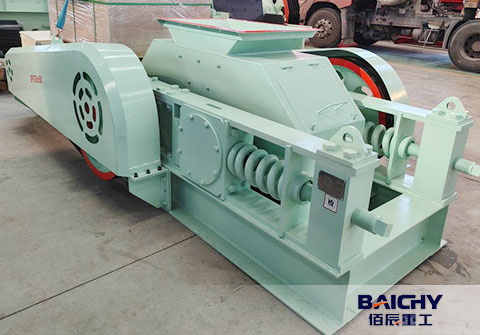
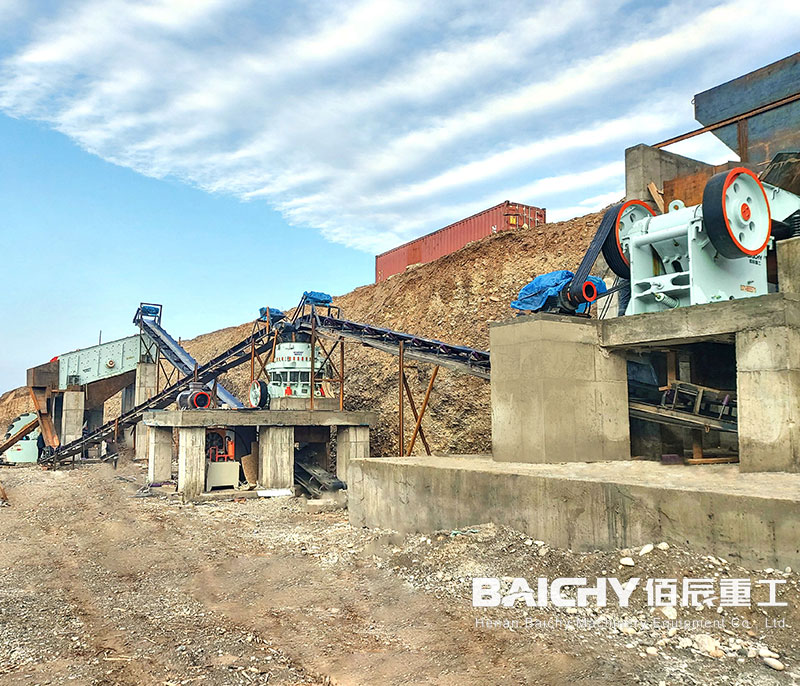

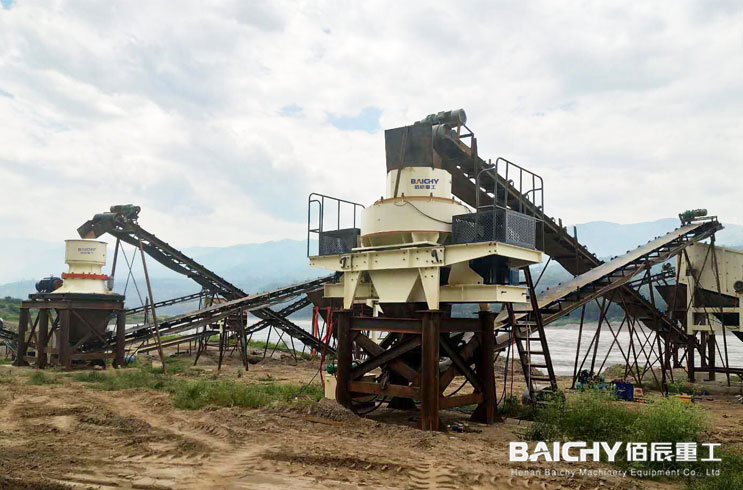
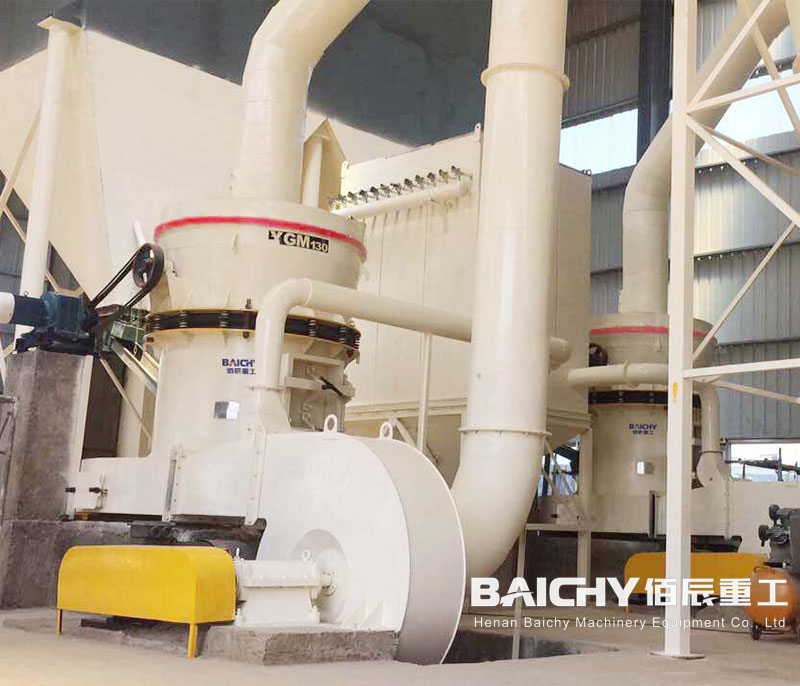














 86-15093113821
86-15093113821
 86-15093113821
86-15093113821

